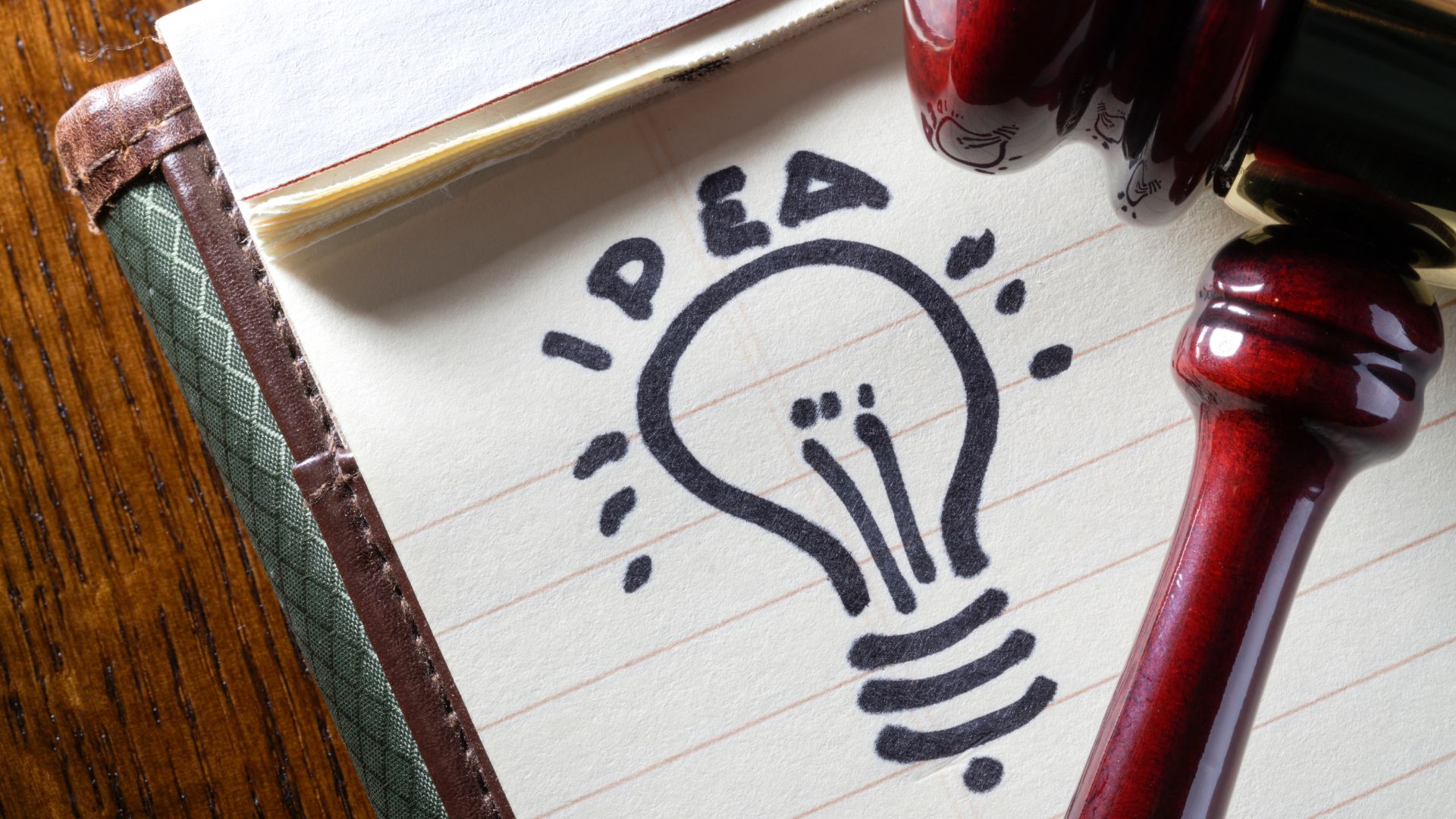In a context where intellectual property transcends borders, patent translation is not a mere formality. It's a decisive step in asserting your rights, protecting your innovations and avoiding litigation. But not all translators are created equal.
Why is patent translation so sensitive??
A patent is a legal and technical document. It provides a precise and rigorous description of an invention, its characteristics, its mode of operation and its applications. The slightest inaccuracy in translation can compromise the scope of the right conferred, or even lead to its rejection by a foreign authority.
Let's take a concrete example: you apply for a patent in France and wish to have it recognized in Germany, the United States or Japan. A translation misinterpreted by the examiner at the local office may call into question the validity of the application, delay its processing, or generate a dispute with a local competitor.
Strict terminology requirements
Translating a patent means mastering :
- Legal vocabulary related to intellectual property
- Technical language of the field concerned (biotechnology, mechanics, chemistry, IT, etc.)
- Formats and standards imposed by patent offices (such as the EPO or USPTO)
- Local language specificities, including required writing styles
The translator must therefore understand both the language of law and the language of engineering. A rare but indispensable combination.
The importance of using specialist legal translators
A generalist translator, no matter how experienced, will not be able to guarantee the rigor expected for this type of content. Only legal translators, trained in intellectual property practices and the requirements of international bodies, can guarantee a reliable translation.
This is particularly true in sensitive situations such as :
- Defending a patent before a foreign court
- A counterfeiting dispute involving several countries
- A company takeover where translated patents are strategic assets
In these cases, translation is not just about "understanding" the content. It becomes proof. A negotiating tool. A guarantee.
Legal 230's expertise at your service
At Legal 230, we support a wide range of law firms, legal departments and patent attorneys in the translation of patent applications, oppositions, cross-border litigation and complex tax proceedings.
Our specialist translators work exclusively in their mother tongue and in their field of expertise. Every translation is proofread by a legal expert. And we strictly adhere to the deadlines and formats required by the relevant authorities.
Example: one of our clients, an IP firm based in Paris, entrusted us with the translation of a portfolio of pharmaceutical patents for opposition proceedings in Germany. Thanks to our expertise, the documents were delivered to EPO standards, validated without reservation, and used successfully in international arbitration.
Reliable translation is a strategic investment
Don't risk an unclear or incomplete interpretation. A quality legal translation protects you, gives credibility to your case and speeds up your international procedures.
Do you need a patent translation?
Call on Legal 230 to guarantee the quality, conformity and legal security of your documents. Contact us today.

